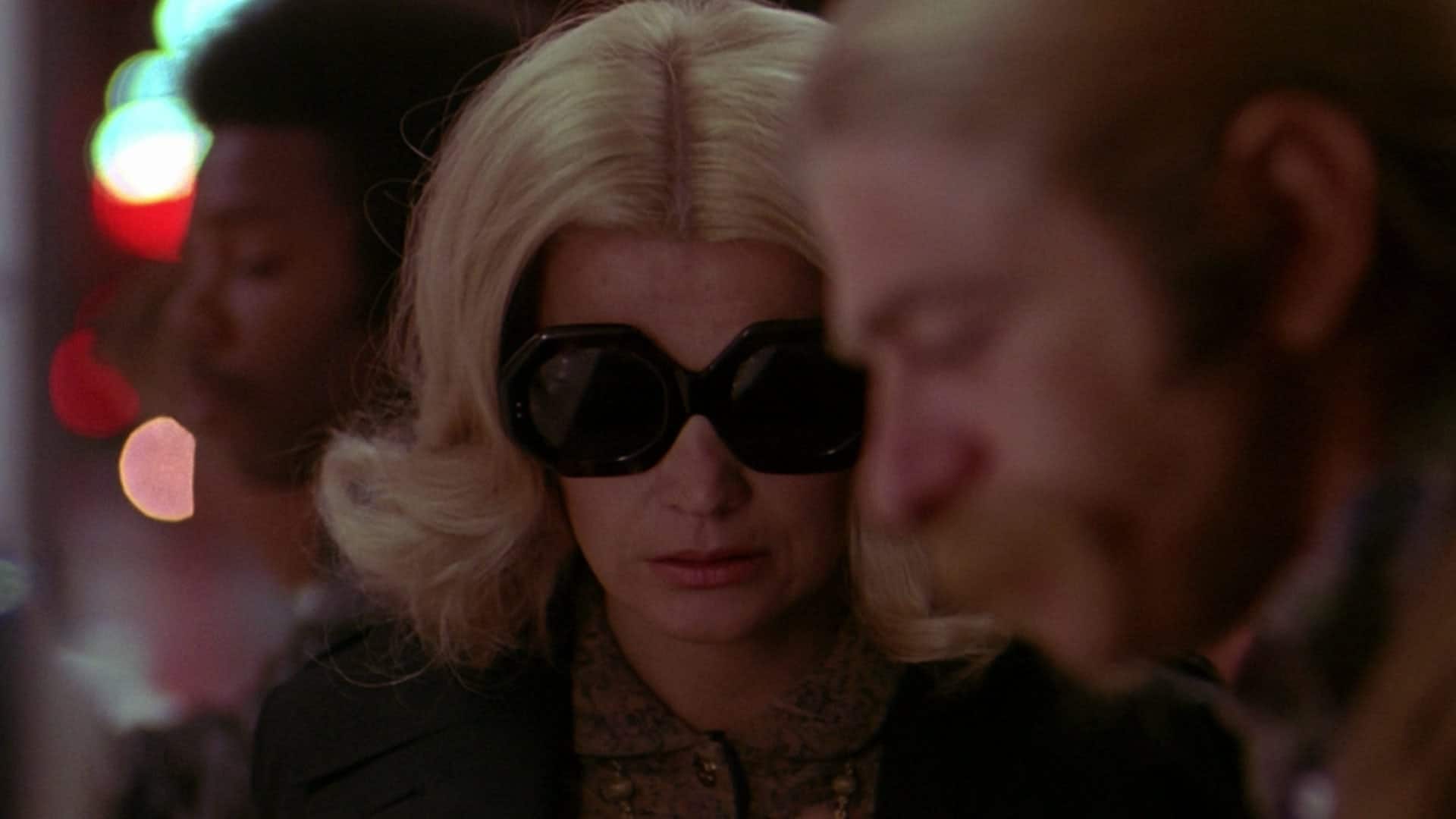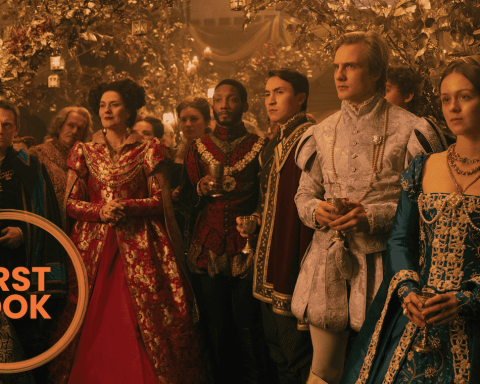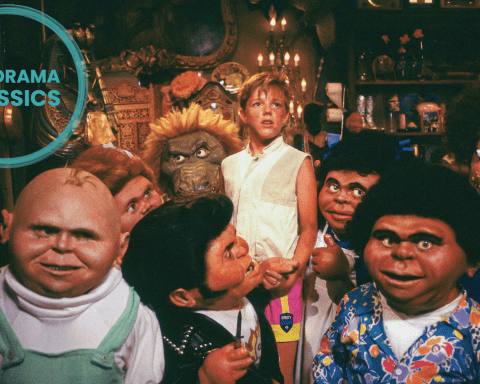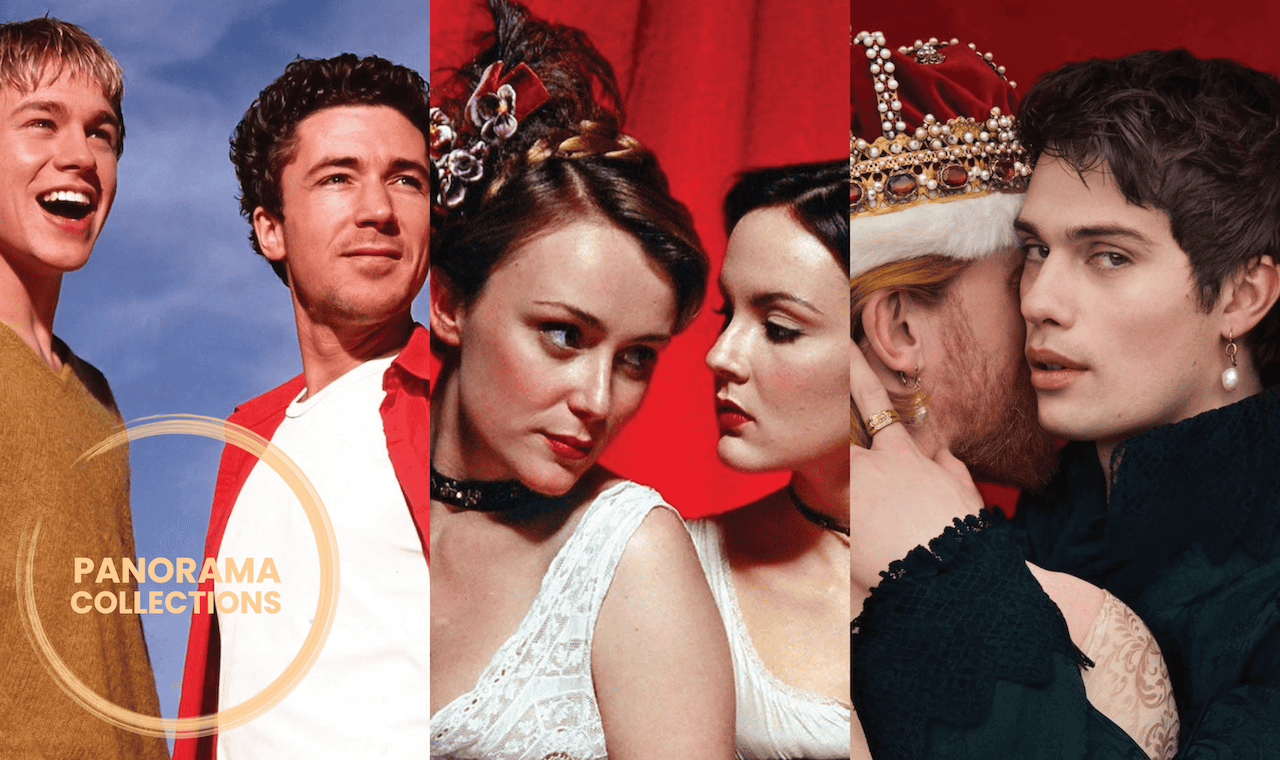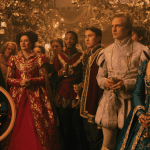Minnie and Moskowitz is currently unavailable on digital and DVD.
Starring Gena Rowlands and Seymour Cassel, Minnie and Moskowitz is one of independent cinema pioneer John Cassavetes‘ least well-known films. Although regarded as a romantic comedy, it is far from the standard Hollywood fare, where love is often pre-ordained from the beginning, regardless of the conflicts or various forces keeping a couple apart. The plot centres on Minnie (Rowlands), a museum curator who is in an abusive relationship with a married man, Jim (John Cassavetes). Minnie slowly becomes disillusioned with the very idea of love and shares her concerns with a friend, discussing themes of age and the ever-shrinking opportunity to find the right man. Meanwhile, Moskowitz (Cassel) is an eccentric and discourteous man who works as a parking attendant after moving from New York to Los Angeles. Moskowitz meets Minnie by chance as she is chased out of a restaurant by her blind date, Zelmo (Val Avery). From this point on, the film follows Minnie and Moskowitz through their tumultuous on-and-off relationship and a series of ludicrous and sometimes borderline insane encounters.
While the plot doesn’t seem to involve much comedy at first glance, it has a deep layer of absurd humour and often feels like a weirdly realistic and “faulty” screwball comedy. Classic screwball comedies like It Happened One Night (1934), Bringing Up Baby (1938) and His Girl Friday (1940) are notable for emphasising the battle of the sexes through absurd situations and incredibly fast-paced dialogue. Here, we have Moskowitz essentially kidnapping Minnie by forcing her into his car before proclaiming his love for her at a hot dog stand. In the meantime, Minnie seems unresponsive to his affections and even tells him she doesn’t see a future with him. However, she eventually agrees to marry him after he threatens to kill himself!
The film hits its comedic stride in a restaurant scene with Minnie, Moskowitz, and their respective mothers (played by Lady Rowlands and Katherine Cassavetes). Both mums are dubious and hesitant about the couple’s sudden decision to marry: Moskowitz’s mum tells Minnie she could do much better than her “bum” of a son, while Minnie’s mum is genuinely shocked by her soon-to-be son-in-law’s looks and manners. Compared to the passionate and intense love stories we are used to in other romantic comedies, Cassavetes’s film subverts and satirises the concept of the perfect couple. Here, the characters’ interactions are so much more important than the plot; Cassavetes’ characters are flawed, chaotic, complex, and even repulsive creatures. His cinéma vérité storytelling style and frequent use of a handheld camera ensure the film focuses entirely on Minnie and Moskowitz; the result is a far more sincere and authentic journey than classic examples of the romantic genre.
But Minnie and Moskowitz is also a subtly layered and dark film, with the absurd humour and wacky situations hiding a far more cynical portrait of love. Here, Minnie is constantly disrespected and mistreated by the men in her life, her self-worth deteriorating as she steps closer to a complete emotional breakdown. Yet the film has nothing but empathy for its characters, making it one of the most honest and genuine depictions of human relationships ever put on screen.

